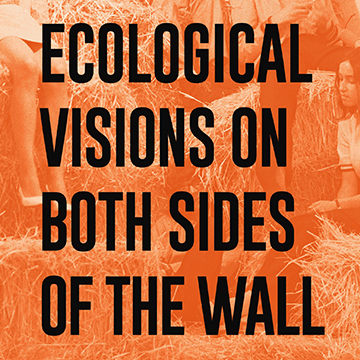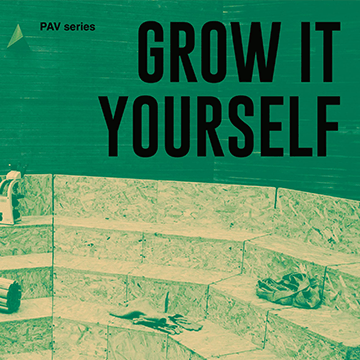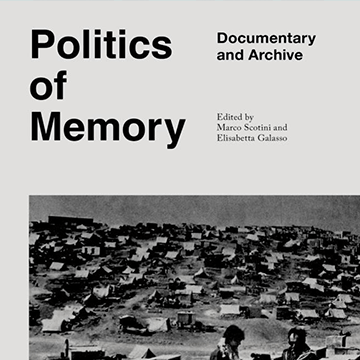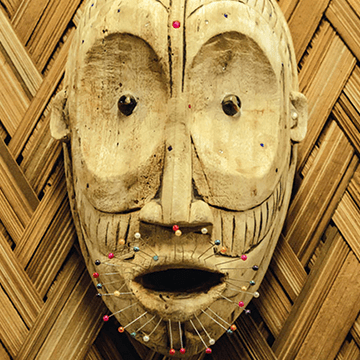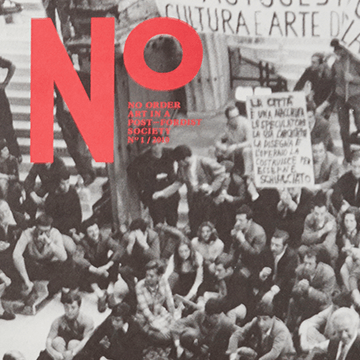There is no question that ecological ideas acquired a central role in contemporary episteme. In contrast, the heuristic function that these ideas can assume in the current polarisation is questionable: that which, over the last decade, has identified the environmental crisis with the (categorical and totalitarian) concept of the Anthropocene. Ecological discourse positioned itself inside historically situated trajectories that contributed to the transformation of aesthetical paradigms and political practices. In the scenario that 1968 opened up, the transversal nature of subjectivity allowed it to cover different fields, beginning with the tension between the logic of a unitary discourse and the creation of a multiplicity of possible worlds, between the molar and the molecular, the micro and the macro.
Tag: Marco Scotini
Grow it Yourself
There is no question that ecological ideas have by now acquired a central role in contemporary episteme. In contrast, the heuristic function that these ideas can assume in the current polarisation is questionable: that which, over the last decade, has identified the environmental crisis with the (categorical and totalitarian) concept of the Anthropocene. […] Nonetheless, if it is true that the concept of the Anthropocene has its origins in this “change in state” of human activities, the impression remains of being witness to a new form of universalizing anxiety (impatience) that is ready to re-establish and recapture the ecological discourse within a to- talitarian and centralizing narrative, in a sort of modernist, meta-narrative to whose liquidation the environmentalism of the 1960s and 1970s (with its movement-based and destituent nature) had contributed.
Politics of Memory
The anthology Politics of Memory aims to investigate the document as such, as an objective trace left by events, as material proof or the creation of reality – the strategies with which they transform a state of memory into State memory, those by means of which a historical removal is enacted, those, ultimately, in which there is an attempt to challenge permanent or temporary amnesia, opening up to the future. The artists and filmmakers contributing to this publication represent the most advanced area on an international scale of a research that inaugurates a new relationship between artistic practices and the documentary.
The White Hunter
The White Hunter, African Memories and Representations is a publication produced on the occasion of the eponymous exhibition produced by FM Centre for Contemporary Art in Milan. This book is not only a catalogue on the exhibition, but it is rather a context in which the subjects of the show, are interrogated in another form.
No Order
No Order editorial research focuses on the relationships between contemporary art systems and capitalism’s production processes. By means of an investigation into current creative industries – and their social, economic and semiotic assemblages – the contributions (essays, interviews and dialogues as well as artists’ projects) aim to deconstruct, analyse and intervene within the ambit of the procedures and forms of cognitive capitalism. It concentrates, in particular, on the phenomena of the ‘biennalisation’, ‘financialisation’ and ‘spectacularisation’ of the political, beginning with the control and distribution of forms of artistic education, production and display on a global scale.
